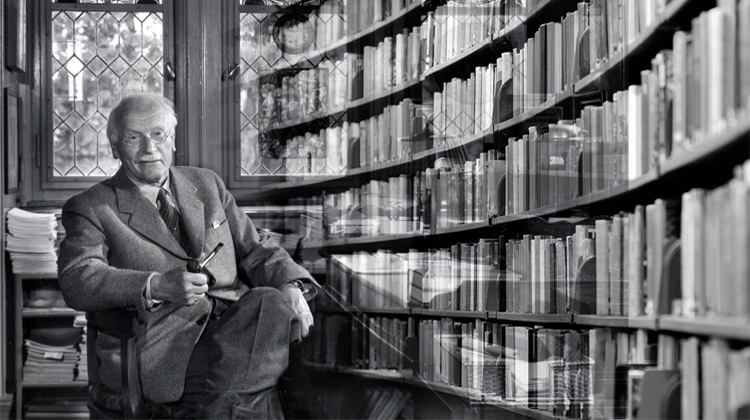In Modern Man in Search of a Soul, C.G. Jung explains how therapists can use dreams to help a patient heal: Nothing is unclear to the understanding; it is only when we fail to understand that things appear unintelligible and confused. In themselves, dreams are clear—that is, they are just as they must be under the given conditions. If we look back at these "unintelligible" dreams from a later … Continue Reading about How Therapists Can Interpret Dreams to Treat Patients
Main Content
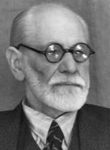
The Main Differences between Freud and Jung
In Modern Man in Search of a Soul, Carl Jung explains the primary differences between his theories and those of Sigmund Freud: I am no opponent of Freud's; I am merely presented in that light by his own short-sightedness and that of his pupils. No … Continue Reading about The Main Differences between Freud and Jung
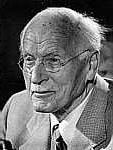
Confronting the Spiritual Problem of Modern Man
In Modern Man in Search of a Soul, Carl Jung examines the spiritual crux of modern man: how to achieve spiritual happiness in a world that embraces consciousness while largely ignoring the unconscious mind: To me, the crux of the spiritual problem … Continue Reading about Confronting the Spiritual Problem of Modern Man
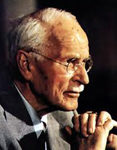
How Archetypes Guide the Individual Psyche
In Modern Man in Search of a Soul, C.G. Jung examines how psychic archetypes guide the individual psyche towards wholeness: When first I took this direction I did not know where it would lead. I did not know what lay hid in the depths of the … Continue Reading about How Archetypes Guide the Individual Psyche
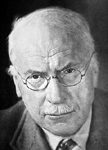
How the Collective Unconscious Guides the Individual Psyche
In Modern Man in Search of a Soul, Carl Jung explains his concept of the collective unconscious and how the collective unconscious guides the individual psyche towards health: Psychology can do nothing towards the elucidation of this colourful … Continue Reading about How the Collective Unconscious Guides the Individual Psyche
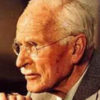
Why Believing in the Afterlife Promotes Psychic Health
In Modern Man in Search of a Soul, C.G. Jung discusses the psychological impact of a patient believing in the hereafter: So for many people all too much unlived life remains over—sometimes potentialities which they could never have lived with the … >>> about Why Believing in the Afterlife Promotes Psychic Health
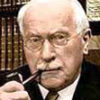
Why Mythology Is Essential to Understanding Dreams
In Modern Man in Search of a Soul, Carl Jung advocates that therapists study mythology and religion to understand the forces within a patient’s dreams: I need not try to prove that my dream interpretation is correct, which would be a somewhat … >>> about Why Mythology Is Essential to Understanding Dreams
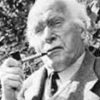
Why the Cause of a Neurosis Isn’t as Important as Its Meaning
In Modern Man in Search of a Soul, Carl Jung explains why the cause of a neurosis is not as important as what the neurosis tells the patient about his own psychic needs: For the time being we will content ourselves with this hint, and return to the … >>> about Why the Cause of a Neurosis Isn’t as Important as Its Meaning
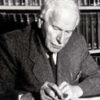
Achieve Individuation: Conscious – Unconscious Assimilation
In Modern Man in Search of a Soul, C.G. Jung discusses the keys to assimilating the unconscious mind with the conscious mind and achieving the ultimate goal of individuation: Dreams give information about the secrets of the inner life and reveal to … >>> about Achieve Individuation: Conscious – Unconscious Assimilation
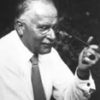
How Painting and Active Imagination Aid Therapy
In Modern Man in Search of a Soul, C.G. Jung examines painting as a tool of active imagination in allowing a patient’s unconscious mind to express itself freely: It not infrequently happens in these circumstances that the patient has an especially … >>> about How Painting and Active Imagination Aid Therapy
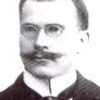
How the Artist Brings the Unconscious Mind to Life
In Modern Man in Search of a Soul, Carl Jung examines how artists freely channel unconscious forces into their art and how understanding art can help reveal the truth about the human psyche: It is not alone the creator of this kind of art who is in … >>> about How the Artist Brings the Unconscious Mind to Life
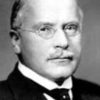
How Mysticism Plays a Key Role in Psychology
In Modern Man in Search of a Soul, C.G. Jung discusses the importance of understanding mysticism and religion in helping a patient to heal and the dangers of reducing psychology to mere science: Theology does not help those who are looking for the … >>> about How Mysticism Plays a Key Role in Psychology
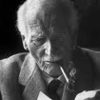
Understanding the Psyche through the Shadow Self
In Modern Man in Search of a Soul, C.G. Jung elucidates how understanding the shadow self leads to psychic health: Not infrequently the soul is identified with the shadow, for which reason it is a deadly insult to tread upon a person's shadow. For … >>> about Understanding the Psyche through the Shadow Self
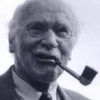
Why a Therapist Must Be Flexible to Help Stuck Patients
In Modern Man in Search of a Soul, C.G. Jung emphasizes the need for therapists to be flexible and to abandon dogma and preconceived notions in order to help patients who are stuck in a neurotic state: The human psyche is highly equivocal. In every … >>> about Why a Therapist Must Be Flexible to Help Stuck Patients
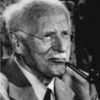
Why Therapists Must Heal Themselves before Treating Patients
In Modern Man in Search of a Soul, Carl Jung implores therapists to actively confront their own psychic forces in order to effectively treat patients: The fourth stage of analytical psychology, then, demands not only the transformation of the … >>> about Why Therapists Must Heal Themselves before Treating Patients
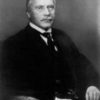
How Therapists Should Handle the Psychic Challenge of Aging
In Modern Man in Search of a Soul, Carl Jung addresses the psychic challenges of aging and how the denial of age is rooted in a patient’s spiritual problem: Just as a childish person shrinks back from the unknown in the world and in human existence, … >>> about How Therapists Should Handle the Psychic Challenge of Aging
